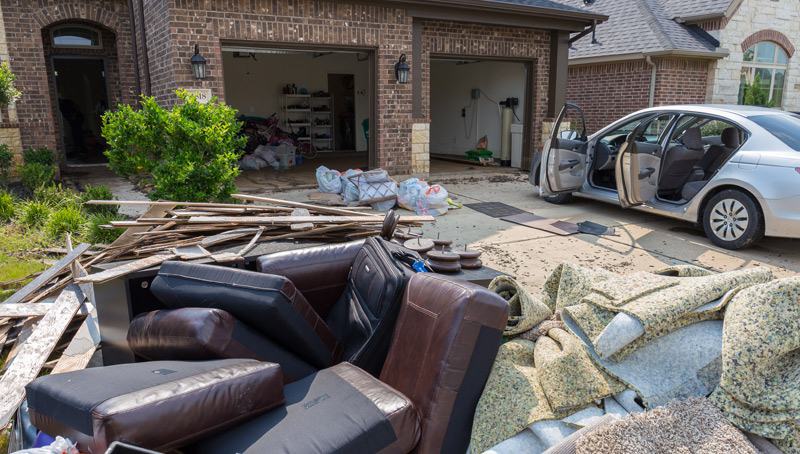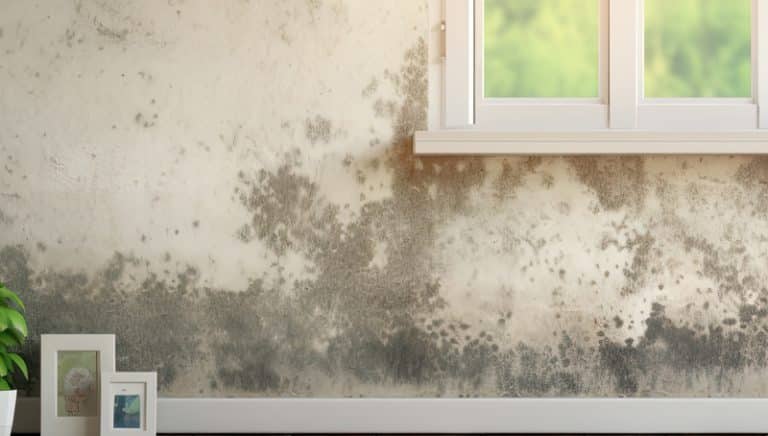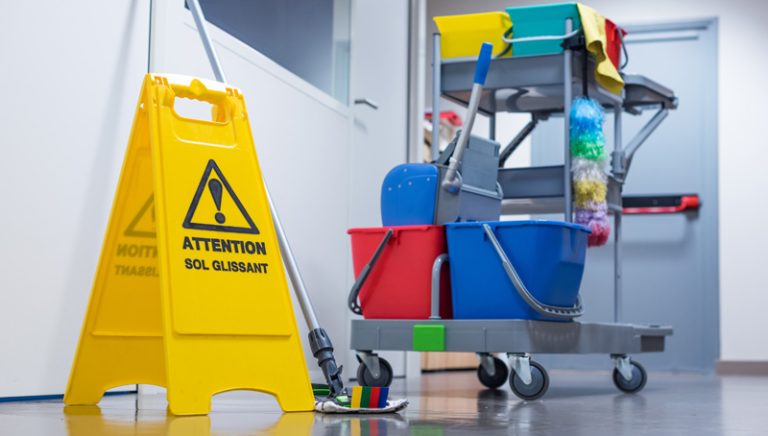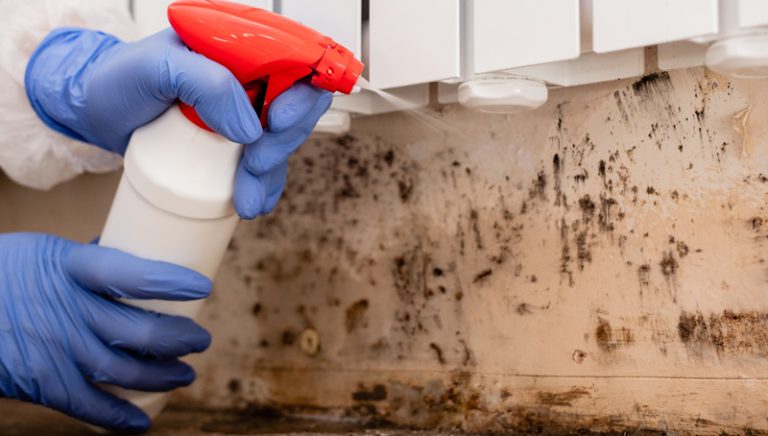Flooding is generally unexpected and often not covered by your home insurance. Most floods occur in regions where the risk is rated as light to moderate chance of flooding and homes in these areas are often not protected against the eventuality of flooding. Even if you don’t live near water, there could still be a potential risk of your home flooding in a freak weather phenomenon or other disaster. Even heavy snowfalls can create flooding when the snow melts. There are a few things you can do to protect your home as best you can and prepare for a possible flood situation.
Install a sump pump: Although the initial cost may seem a bit high, in the case of a flood situation it will show its worth. Even though the pump runs on electrical power, it might also be a good idea to have a battery backup in case the power goes out. The sump pump removes water from your basement to a storm drain to prevent flooding or at least minimize flooding in your basement.
Install flood sensors: A flood sensor alerts you to the presence of moisture in a specific area. When placed in areas that would normally be dry, the sensor will let you know if there is water where it shouldn’t be to help you be proactive in preventing serious damage to your property and even your person. These will even help in the event of minor water flows such as a overflowing bathtub so that you can attend to the problem as quickly as possible and limit damage.
Install an automatic shut off: You can set up an automatic shut off valve in your home, near the main water source which can be activated to shut off water supply coming into your home in the event of a flood sensor being activated. These are battery operated and wireless and can be connected up to your home automation and security systems.
Raise the level of appliances and water heaters: Items such as your washing machine, dryer and other major appliances should be raised off the floor, preferably at least 1 foot higher to prevent damage during minor floods. Furnaces and water heaters should also be placed at higher levels.
Keep important papers safe: Important documents such as insurance policies, birth certificates, passports, deeds and health insurance information should be kept in a waterproof container in an easy to reach area in your home. You should perhaps include a full inventory of your home in the important document case so that claiming insurance is easier if need be.
Make sure you are covered: Check your homeowners insurance policy to make sure you are covered in case of flood and what is covered by the policy. Many policies do not include flood damage insurance, so you would need to change policies to a fully comprehensive cover or take out a policy specifically for floods. Even if you are in a low risk area, it is always better to be safe than sorry.





